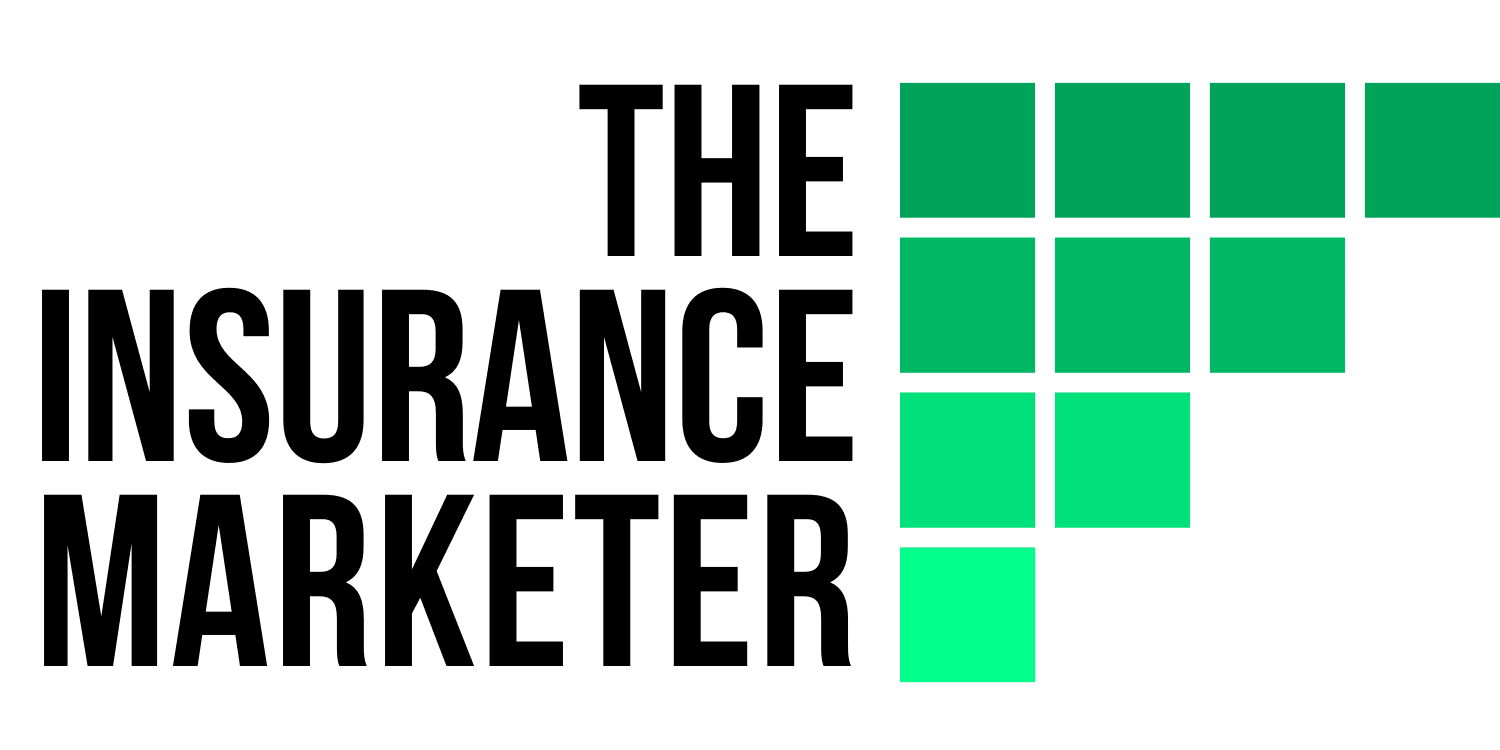Ever since many companies switched to having their employees work at home due to the pandemic, there are many questions regarding the changes or any changes to specific things. In this case, we will be going over how insurance works for people working from home. Does working from home get covered by insurance?
Working from home does get covered by insurance, but some things are to note regarding some of the risks regarding health-related mishaps and property loss. In addition, you should check with your employer regarding worker compensation and health insurance.
There are various factors that we will go over regarding working from home and how you are covered. If you would like to learn more on this topic, we encourage you to keep reading.
What Are the Risks When You Work From Home?
Working from home brings different risks as you are on your property working for a company (unless you are the employer). Additionally, various employers will function differently from another, and you may find it harder to be compensated for unfortunate circumstances such as:
- Properly Loss. If you succumb to property losses, it is a good idea to have home insurance. Additionally, if your work requires people to physically visit your home, having public liability insurance becomes essential.
- Health-related (sickness or injured). Claiming to be sick or injured when working from home may not work out as well as it does with an on-site job. Employers may expect you to continue working from home since you are not going anywhere. Additionally, it can be extremely hard to prove the cause of injury when working from home.
- Liability. When working from home, your employer might require that your office space complies with their safety requirements. Additionally, if you are using their equipment, they will typically want you to have homeowner’s insurance coverage if there are damages.
If you would like more insight on this topic, we have linked a video down below:
What Is Covered Under Your Employer’s Insurance?
It’s important to check with your employer regarding what they do and don’t cover. But in general, they will usually have these two types of coverage in place:
Worker Compensation
This is one of the major things to look for with an employer. Worker compensation will provide lost wages while sick or injured, medical expenses, and rehabilitation costs. You are at risk of being financially harmed without worker’s compensation, and so when working from home, it is just as important as it is with on-site workers.
Health Insurance
Like with workers’ compensation, health insurance is another important factor when working from home (and working in general). Health insurance will cover a portion or all of your medical bills, sparing you from having to get an individual plan or paying all of your medical expenses out of pocket.
There are instances where individual health insurance is better, however. Such as being able to choose which provider and plan work best for you. Employer health insurance is incredibly convenient but not always the best for everyone’s needs.
Does My Home Insurance Cover Work From Home?
Standard home insurance doesn’t usually have enough coverage for employees working from home. For example, a standard package might not include coverage for damages of employer-owned equipment.
ALSO READ:
What Insurance Do I Need if I Work From Home?
Depending on the nature of the job itself, you may want to consider at least having extra coverage of the following:
- Public Liability. As we stated in a previous section, public liability is recommended if your job requires people to visit you or when visiting them. This type of insurance covers you if someone gets injured or breaks something of theirs on your property. It will also cover you if you accidentally damage someone else’s stuff on their property.
- Professional Indemnity. This will cover you if someone claims that the service or advice you gave cost them financially or wasn’t correct. For example, if a work from home therapist gives advice that didn’t work out for a client regardless of the reasons.
As for specific types of workers, we will go over what coverage they should have.
Employees
Your home owner’s insurance will already cover personal items; if you are simply working using your personal computer or any other equipment, you don’t necessarily need to add anything unless you want to.
Standard homeowners insurance policies will have a minimum of $100,000 in coverage, which is enough to cover the average person’s belongings. However, there is usually a $2,500 sub-limit for business equipment (not to be confused with employer-supplied equipment).
If you are using supplied equipment, some employers will cover the damages, but not all of them do, and so it is a good idea to check with them. Should you be found legally liable for damages to equipment, personal liability coverage can cover legal expenses if the employer decides to sue.
Independent Contractors
Jobs such as independent brokers, freelancers, and insurance agents fall under independent contractors. They are generally at a disadvantage in terms of protection compared to employees under a company that provides the standard coverages such as workers compensation and equipment coverage.
In this case, it can be a good idea to look into business insurance. There are multiple types of this kind of coverage:
- In-home Business Insurance. This type of coverage is for home businesses with 2-3 employees that make less than $250,000 a year. A standard package will usually contain $10,000 of business property coverage and income replacement, data breach coverage, and liability protection.
- Business Property Endorsements: This is great for self-employed people, a consultant, or an independent contractor. Rather than the standard limit of $2,500 for business equipment coverage, it gets increased to $5,000.
- Business Owners Policy: This works similarly to in-home business insurance but is for a business that makes more than $250,000 a year and has more than three employees. It is also important to note that if you have employees who work away from your home, you’ll need a worker’s compensation policy.
Online Business Owner
For online businesses, homeowners’ insurance is not involved in this case. You can extend your home insurance to cover business expenses, but it is best to get stock insurance if you keep any merchandise in your home or off-site.
If you are running a business that involves making the products, you are responsible for the quality, and so damages will be at fault if the product is defective or makes someone sick if it is food. In this case, product liability insurance is a really good thing to have.
Freelancers are also part of the online business owner pool. Sites such as Upwork and Fiverr are growing in popularity as people seek freelance remote work for anything digital such as writing, graphic design, and web design. Because you are creating content for people and businesses to use, they may try to hit you with legal trouble if they claim your work caused them financial harm (.ie, a bug in a website). This is what professional indemnity insurance is for.
Conclusion
Working from home is either a blessing or a shocking change of pace depending on who you ask, but knowing your insurance coverage is important to avoid any negative surprises later. Homeowners’ insurance on its own isn’t generally a great way to protect yourself unless you use personal equipment for your work.
If your employer provides you with equipment, it will be up to their policy whether they pay for damages or have their insurance do it.
Sources
- Policygenius: Does Homeowners Insurance Cover Working From Home?
- Ashburnham: Insurance Services: Do I need Insurance for My Online Business?
- LV: Home Insurance and Working From Home?
ALSO READ:
Woman photo created by freepik – www.freepik.com




